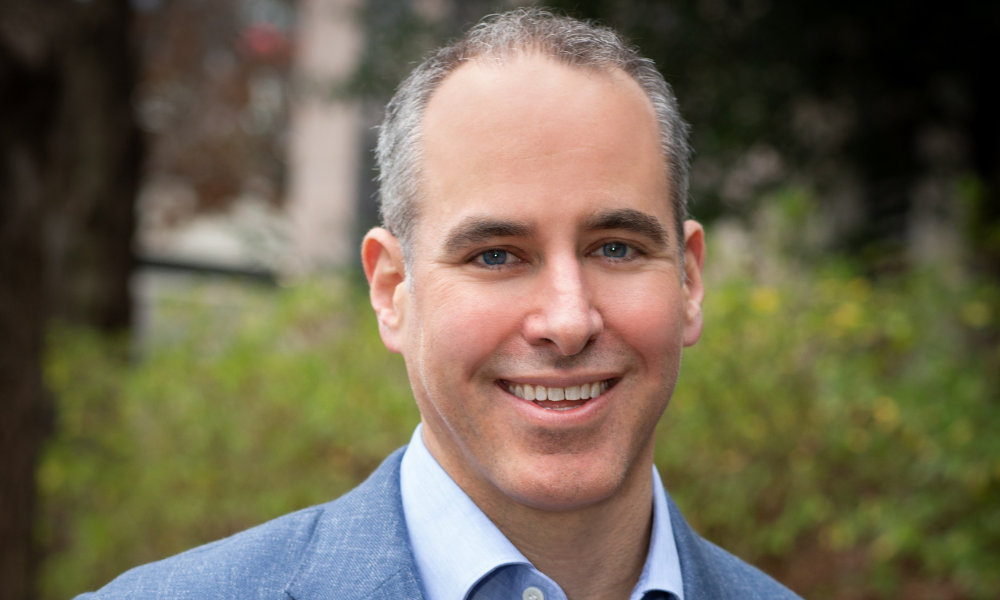Steps to regain market efficiency outlined

Stubbornly high interest rates are delaying – if not completely pausing – new construction projects in the commercial real estate realm, the CEO of a lending group told Mortgage Professional America.
“It’s obviously very destructive to the underlying value of most common assets today,” Greg Friedman (pictured) said during a telephone interview. “Because when you look at where the 10-year Treasury rate has been over the last decade, it’s been roughly around 2.2% -- today it’s roughly 4.6%.”
Founder and CEO of Atlanta-based Peachtree Group, Friedman keeps a close eye on what the Fed does as the body’s decisions impact his business directly. The Fed’s most recent decision to pause rates suggests interest rates will likely stay higher for longer – a scenario directly altering the commercial real estate landscape, he suggested.
No change seen on the horizon
“My personal belief is that the 10-year Treasury rates over the next three to five years are more likely to be in this current range of 4.5%, 4.6%, give or take 50bps [basis points] which ultimately means cap rates are probably going to expand from what they’ve been over the last decade,” Friedman said. “And that’s why underlying commercial real estate assets are going to be impacted negatively on a go-forward basis.”
The scenario has led to mass repricing of assets: “Part of the reason the transaction market is down over 50% year to date [and] there’s still a disconnect between buyers and sellers is what’s keeping the market from being an efficient transparent market.”
With such market inefficiency, Friedman noted, retail landlords are running low on new spaces for interested tenants. Brick-and-mortar retailers also are in a squeeze since new construction likely will remain a difficult prospect for the foreseeable future, he added.
What it would take to regain market efficiency
He described what it would take to create more market efficiency: “To get the transaction market to be more efficient, there’s a couple of factors,” he said. “One is we need to have consensus and have more actual trades. Part of the reason the transaction market has been shut down is the lack of a fluid debt market,” he added.
The times now are different than in the recent past, he suggested: “Obviously, 40% of the commercial real estate lending market is coming from regional banks, community band national banks, and the banks aren’t lending at the level they were lending. So we need a more fluid credit market. Fortunately for our firm we’re able to take advantage of that because we’re doing direct lending today. But we need a fluid credit market and we need more pricing discovery for there to be a transaction market that’s more efficient and operated at a higher level.”
Founded in 2007, Peachtree Group is nationwide in its scope, with emphasis on areas of higher growth. In a previous interview, Friedman cited markets such as California and New York and others in the Southeast as examples of higher-growth markets.
Want to make your inbox flourish with mortgage-focused news content? Get exclusive interviews, breaking news, industry events in your inbox, and always be the first to know by subscribing to our FREE daily newsletter.



